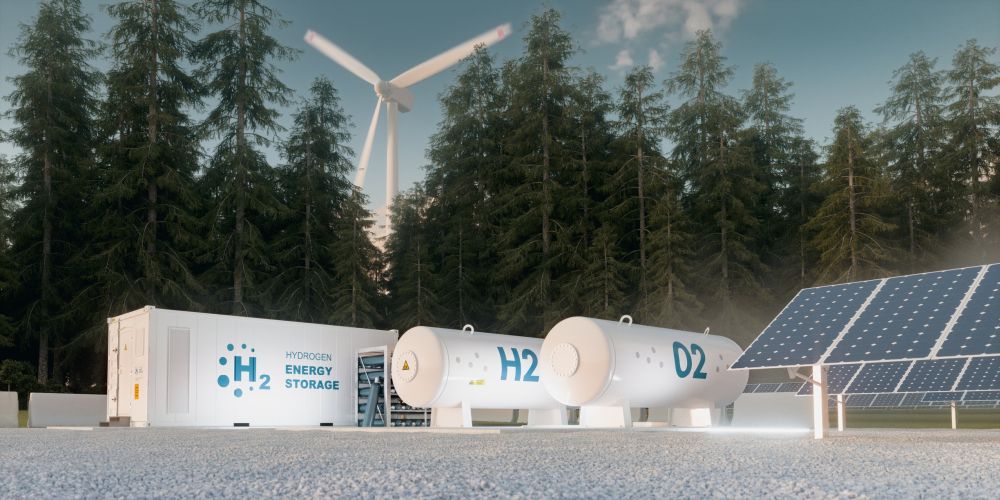Generative AI poses a significant energy consumption issue, asserts Sasha Luccioni, a machine-learning expert at Hugging Face. The inefficiency arises from the fact that every query to the model triggers a full activation, making it a substantial drain from a computational standpoint. This energy consumption does not occur on personal computers or smartphones but rather in massive data centers, often out of sight and out of mind for most people.

Data centers currently consume 460 terawatt hours of electricity per year, and the International Energy Agency (IEA) anticipates this consumption will double within the next four years, reaching 1,000 terawatt hours annually by 2026. Some countries, such as Ireland, are already grappling with the energy demands of data centers. A moratorium is in place in Dublin, preventing the construction of new data centers due to the significant amount of electricity they consume. Nearly one-fifth of Ireland’s electricity is used by data centers, and this figure is expected to grow substantially in the coming years.

In the UK, data center electricity demand is projected to increase six-fold within the next ten years, primarily driven by the rise of AI. Utilities in the US are experiencing increased demands from data centers, with some states reconsidering tax incentives for developers due to the strain on local energy infrastructure. Despite improvements in data center energy efficiency, their overall energy consumption remains significant.

The energy demands of data centers are expected to increase in the coming years, although the exact amount remains uncertain. Tony Grayson, general manager at Compass Quantum, a data center business, highlights Nvidia’s recently launched Grace Blackwell supercomputer chips, specifically designed for high-end processes such as generative AI, quantum computing, and computer-aided drug design. The costs of these energy-intensive computations may ultimately determine whether generative AI is a viable option for certain applications, and Dr. Luccioni is working on a project to develop energy ratings for AI to aid users in making informed decisions.

